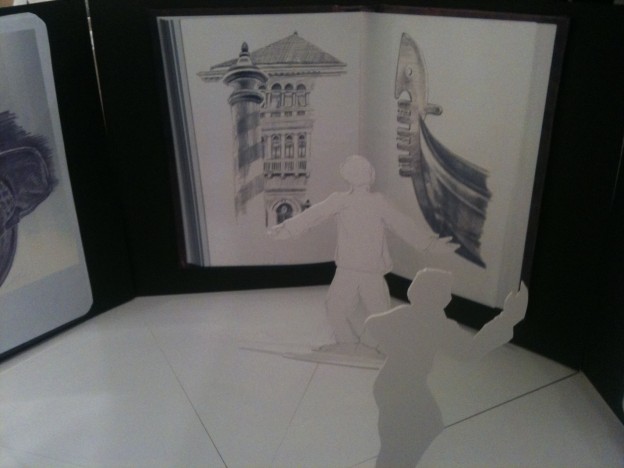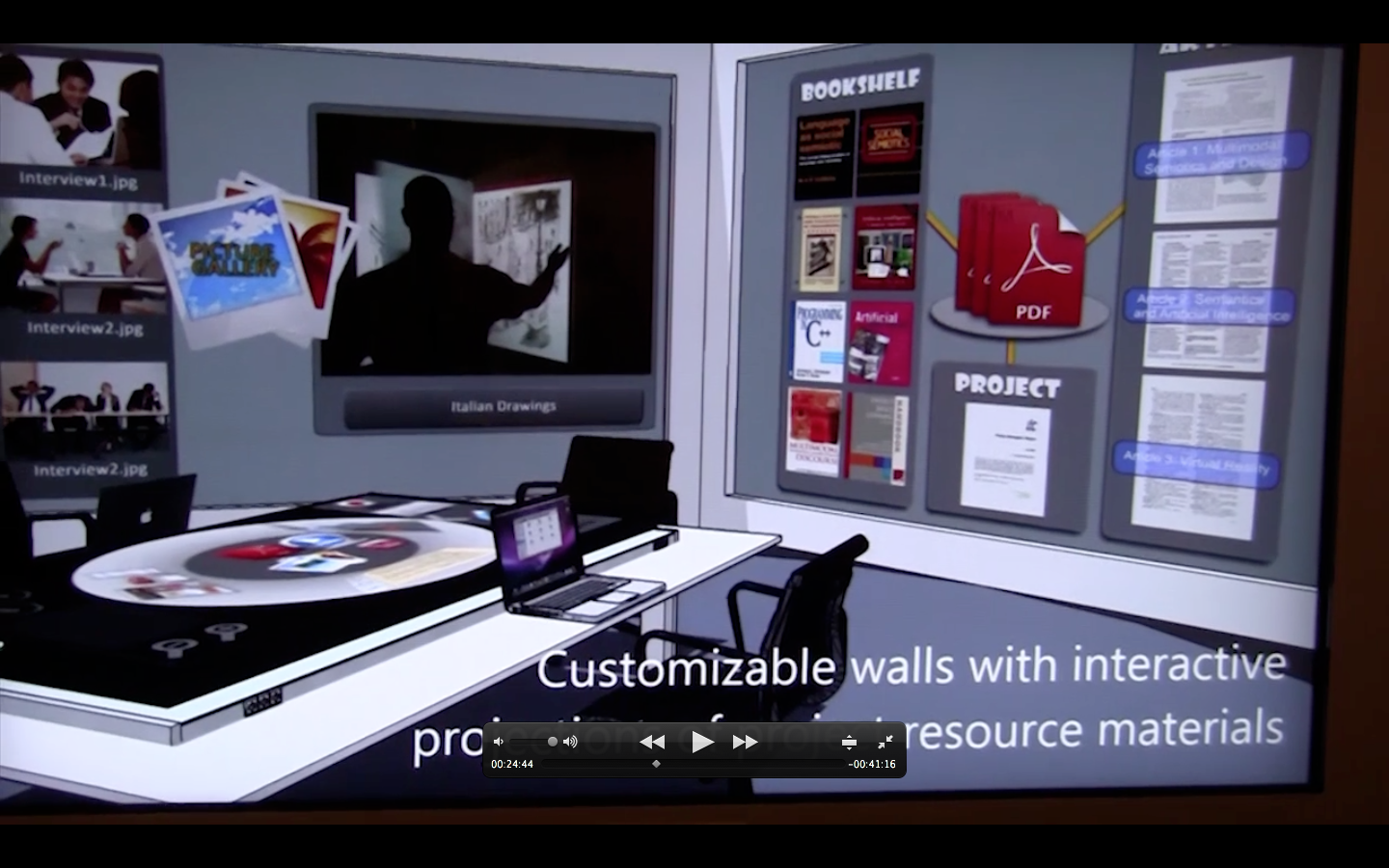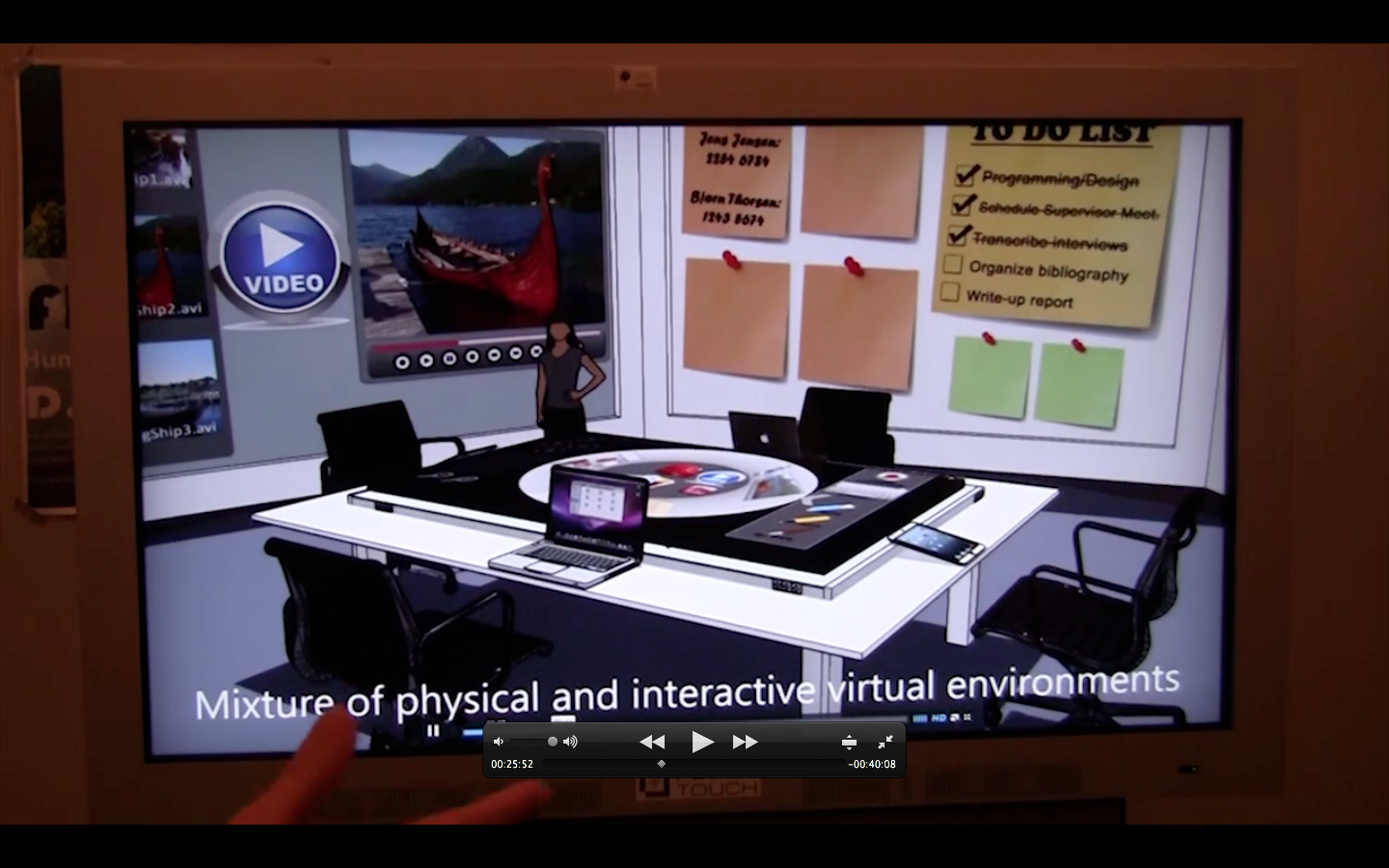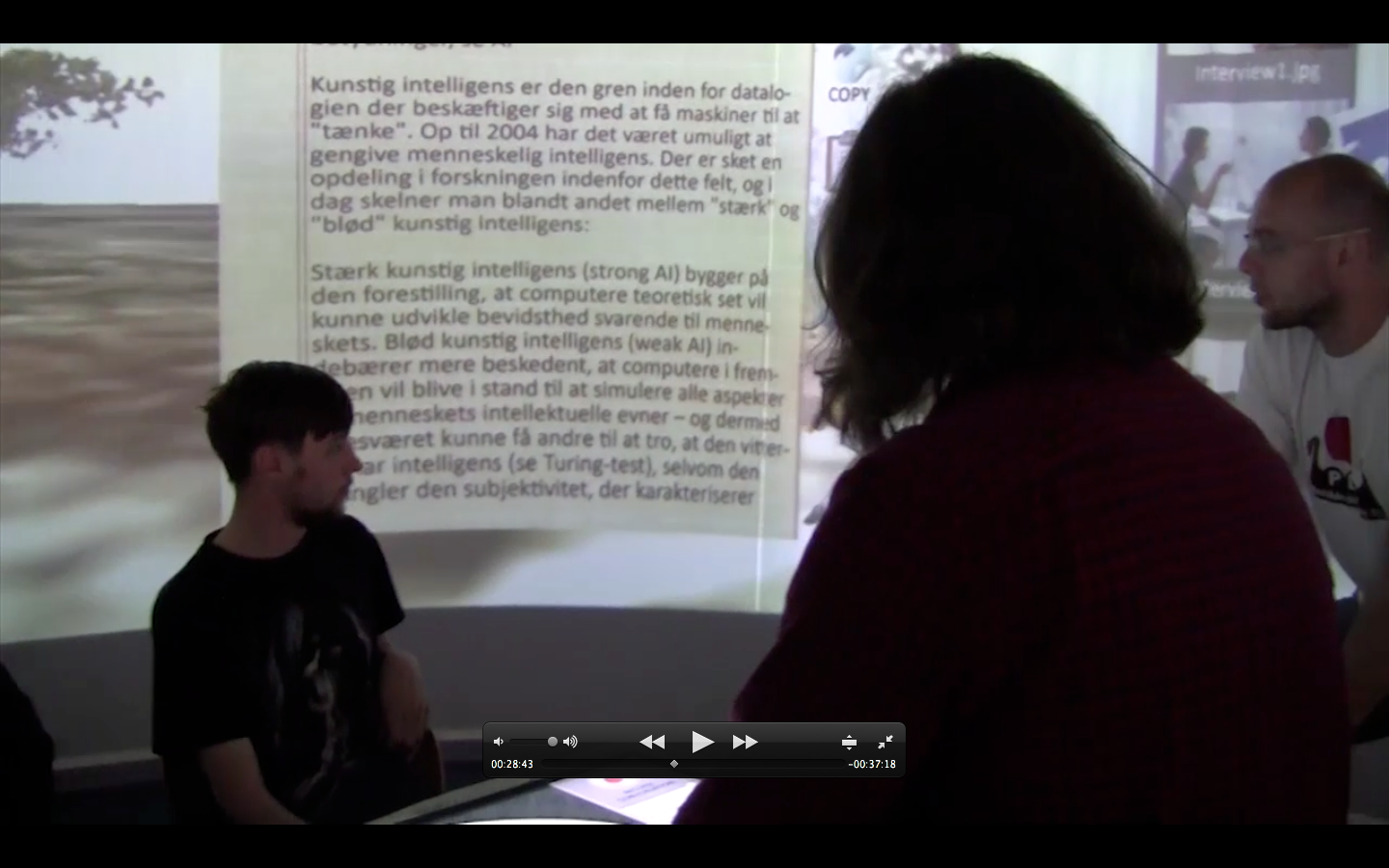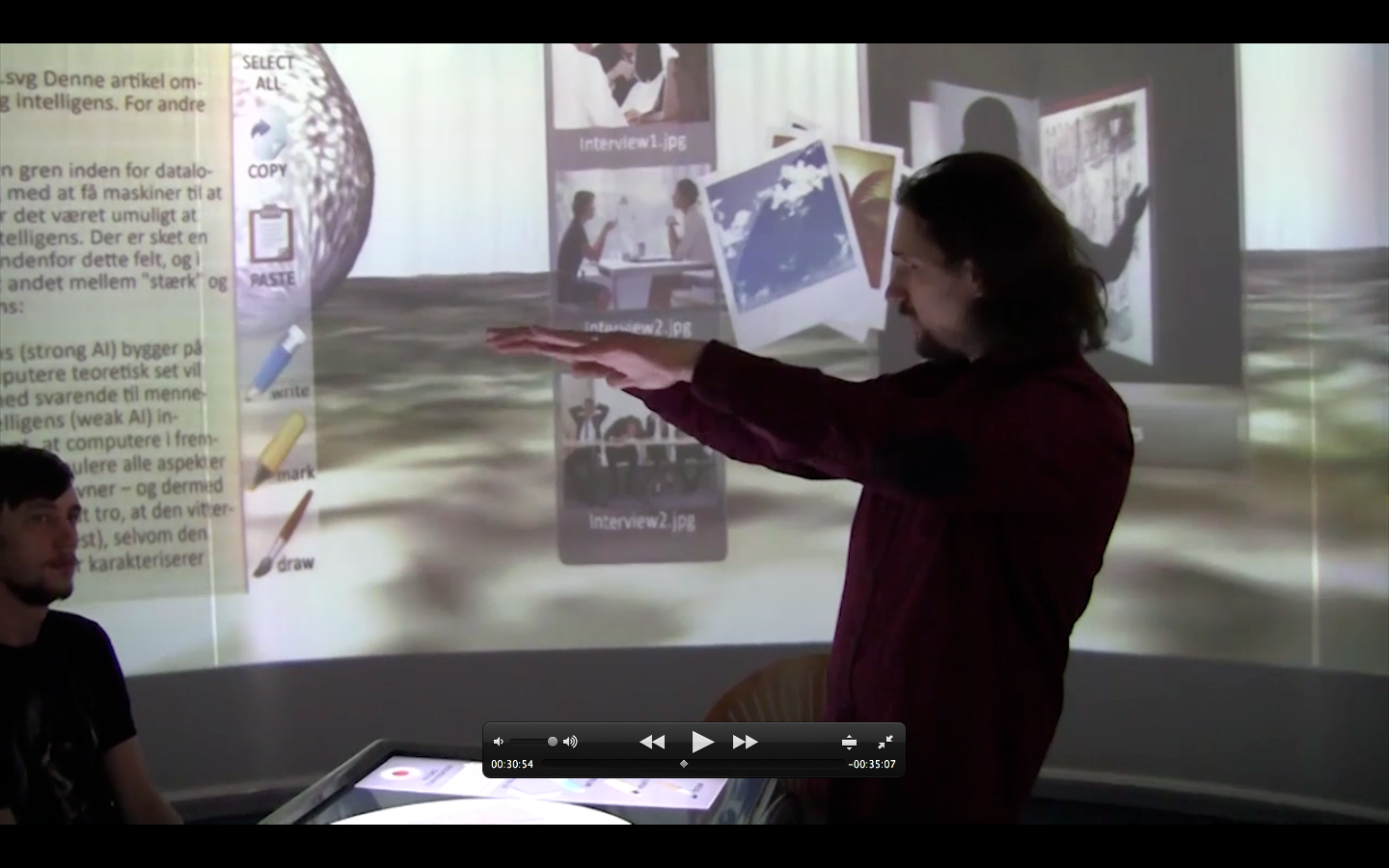We Need a GitHub for Academic #Research [#OpenScience] https://t.co/XgItpImuhF pic.twitter.com/vWdgQLiskW
— Pierre Levy (@plevy) April 23, 2017
Category Archives: Blog
Maritime archeology: Inauguration 28/4 2017 at the Viking Ship museum Roskilde
Experience Lab researchers, our research assistant, and students from the HUM-TEK education have been actively involved with the design and development of a new exhibition about maritime archeology at the Viking Ship museum Roskilde. Not least, Steffens and Troel’s efforts have helped to realize the exhibition.
The exhibition soon opens to the public, and the coming opening is celebrated with an invitation to participants who have been actively involved with the development: April 28, 2017. We look forward to take part in the celebration 😉
Experience Lab is now one of RUCs Research Centres, 2017
Hi,
We are so pleased to announce that late 2016 Experience Lab was acknowledged as one of Roskilde University’s Research Centres.
Image: This model visualises one of many visions and experiments that we work with in ExLab RUC; in this case: how could we combine interactive and immersive installations with performance theatre?
In the application to the university, we have defined the Experience Lab objectives in this way:
Experience Lab is a lab for experimental research investigating the interfaces between on the one hand interactive systems and design and on the other hand human knowledge, experience, and learning.
Through the activities of the lab we seek to emphasise and strengthen the inter-disciplinary approach to research and education as we work across disciplines from humanities, social sciences, computer science, and design.
On the basis of this approach, we carry out experimental activities to explore and innovate educational practices and to do so in collaboration with students and partners from outside the university, e.g. museums, libraries, development projects, etc.
Our collaboration with external partners is based on the idea that university research and education is enriched by exchanging knowledge, ideas, and experience with practitioners and practices in society and culture and this collaborative approach enables us to confront experimental research with the application hereof in different kinds of practices.
Maritime Archeology Experience Cylinder (ExCyl) installation at the Viking Ship Museum in Roskilde. 2016
Since 2013, participants of the ExLab RUC team have developed a maritime archeology installation in close cooperation with the Maritime Archeology Experimentarium at the Viking Ship Museum in Roskilde.
A copy of the ExLab RUC Experience Cylinder’s (ExCyl) digital and physical architecture has been developed in support of the difficult task of communicating maritime archeology. Based on the ExCyl installation interactive underwater scenarios have been developed.
- A model of the planned maritime archeology exhibition at the museum:
- Underwater archeology is a science difficult to communicate in a museum setting and exhibition. The idea of the installation therefore is to inspire an underwater experience.
- Several steps have been taken to develop the installation from raw canvas to the final interactive scenario in terms of technology as well as narrative and interaction.
- The interactive installation traces the audience’s location in space and with this location as a starting point different media (picture, text, video etc.) are shown to be selected and experienced by the audience.
Kulturportalen – kulturen i byrummet.
In 2015 we sketched, modeled, and conducted the pilot project “Culture and City Spaces” in collaboration with Roskilde Libraries and Roskilde Museum. Early pilot-project results are described in a summary: Kulturportalen – kulturen I byrummet.
Interactive spaces, creativity, and project organized studies.
Space, movement and visualization are three keywords in a report concluding the pilot project RUC Digital Group Room (working title) from 2014-2016. The report “Interaktive grupperum: Kreativitet og kompleksitet i projektstudier,” is written in Danish, but early in the project an English video was produced with the aim to visualize some of the thoughts and ideas of the project (see below).
A prototype of a RUC digital group room was developed in 2014 and it was discussed at workshops with university students from disciplines across faculties (computer science, performance design, communication studies, history, philosophy).
In the early video as mentioned above we imagined what a digital group room at Roskilde University might look like – yet changes have been the outcome of ongoing discussions with students. Even if produced at an early stage of the project the video still visualizes our early thoughts and ideas and some of these main ideas still hold true.
Take a look at the video: Digital Grouproom @ RUC – TAKE 2 from Ates Gursimsek on Vimeo.
Images from the early video:
Images from discussions in and about the prototype:
RUCinnovationspris til Bjørn Laursen, 18. september 2015.
Stort tillykke til Bjørn 😉
Ved RUCs årsfest blev Bjørn Laursen tildelt RUCinnovationsprisen på 25.000 kr for hans arbejde med nye måder hvorpå vi kan formidle kunst ved hjælp af digitale teknologier og installationer og derved blev hans indsats i blandt andet ExLabs mange aktiviteter og projekter også værdsat.
Honorary doctoral lecture by Prof. Fabrizio Crisafulli, Sept. 21, 2015.
***
Theatre of Places (abstract, doctoral lecture):
Theatre of places’ is a project centred on taking an actual site as the ‘script’ for the performance, as a starting point from which the work takes shape, as the ‘world’ (made up of people, shapes, memories, spaces, objects, noises) the theatre company takes as the initial relational context. It recognises that locations are imbued with memories and peoples’ lives, as well physical raw material, that are embraced and involved into the process. Therefore, location is considered not merely as a setting for performance, but something integral to the total experience, and a way of informing work’s constituents: body, word, movement, sound, light, technology. The collective identity of place is at the core of the work. The performance is rooted in site and the latter is transformed into a new place of visions which tries to arouse desires and projects related to the site itself. At present when physical spaces, and the relations that take place within them, have been weakened by the advent of new, immaterial forms of relations, such as the Internet and the social networks, this kind of artistic work which focuses on reality becomes more necessary, in order to search for new forms of belonging and a new balance between the real and the virtual.
Fabrizio Crisafulli will talk about his “Theatre of Places” project, which he carries on for over twenty years, describing his works with the help of pictures and films.
Organic light (abstract, public lecture):
About his way of conceiving stage lighting design, Fabrizio Crisafulli wrote: “A guideline for my theatre work is that on stage light should take on a role which is similar to that of natural light in the world. The issue isn’t imitating natural light, but rather the ability of light to become a vital substance in theatre, even in its most abstract interpretation. An essential, primary and generative element. Light could free itself from the effect-producing and illustrative role, and the layout function, prepared in the final days of rehearsals, where standard practice often relegates it, and which hardly work with theatre’s ability to echo reality. Another conviction I have, which has been reinforced with experience, concerns the need to overcome two quite common misconceptions about lighting practices in the theatre. The first is that stage lighting belongs to an eminently technical sphere, the second is that it belongs to an eminently visual sphere. I think that the fundamental qualities of light in terms of the theatre lie in its ability to mould space and time, action and dramatic construction”. Fabrizio Crisafulli will talk about these issues, describing his works with the help of pictures and films.
Video: The gigantic and interactive Book
Take a look at this video to see the gigantic and interactive book developed in ExLab RUC and listen to the background story as told by the researchers who developed the idea and the installation in collaboration with programmers and designers in the lab.
Digital Humanities Lab (DigHumLab) Denmark, November 17, 2014
Today we discussed how and why Experience Lab should, or maybe should not, join the national initiative Digital Humanities Lab. We await further information and a meeting with head of the DigHumLab secretariat. The initiative sounds interesting, and we will no doubt look forward to further info about the initiative.

